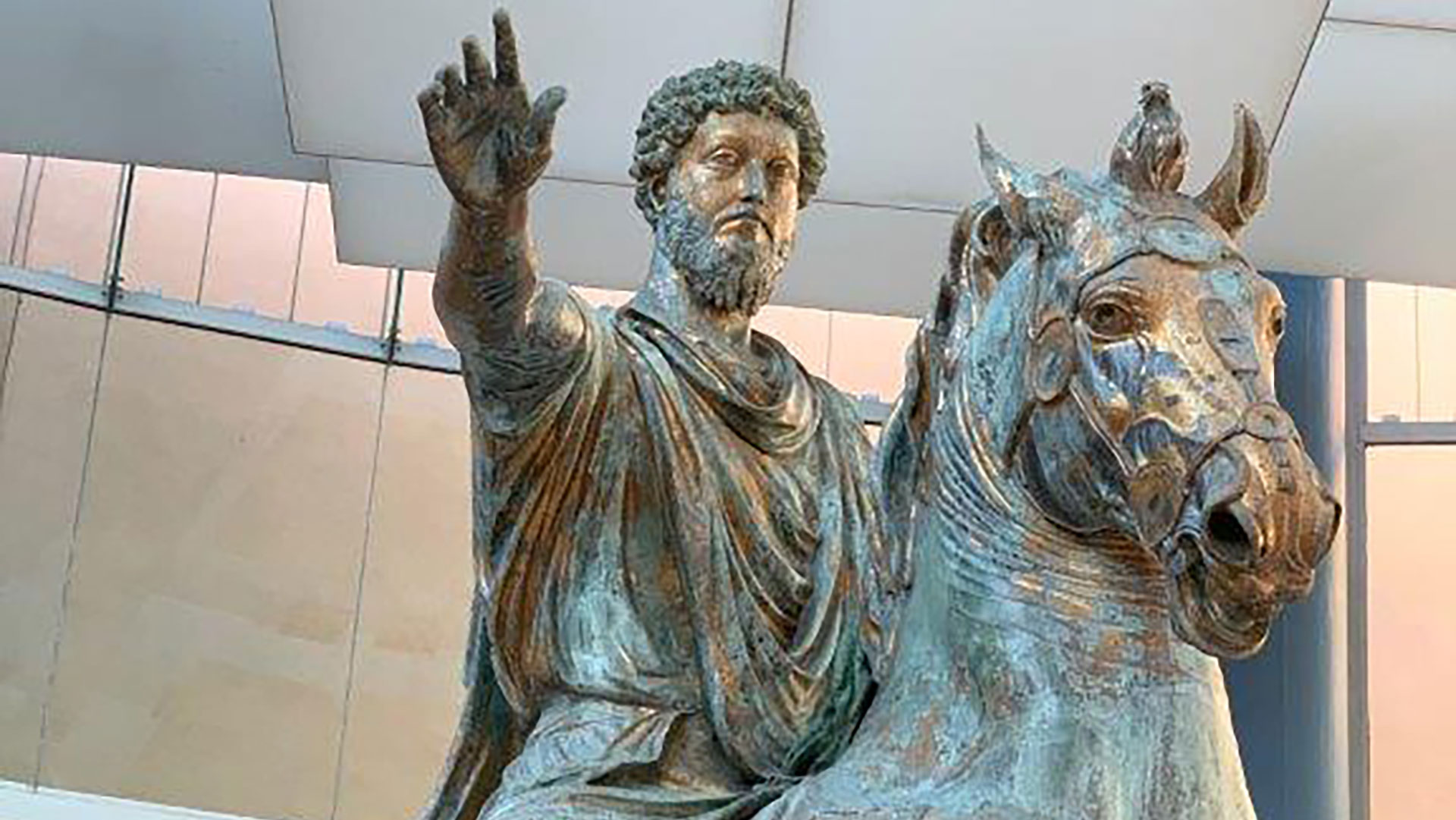Main content

Advising
Because we believe that all our students in the Department of Classics should have a designated person to whom they can turn for information/assistance, all students majoring or minoring in the department have an advisor with whom they are encouraged to consult.
Students are assigned to advisors during the process of declaring their major or minor.
FAQs
Do I need an advisor?
- Yes. All Majors and Minors in the Department of Classics are assigned an advisor with whom they are encouraged to consult. We believe all our students should have a designated person to whom they can turn for information/assistance.
- While we do not have mandatory in-person meetings with advisors, we want all of our students to have a designated advisor (of their choosing or our suggestion) whom they can contact for individual attention and advice.
- In addition to your advisor you may also consult the Director of Undergraduate Studies for the Department of Classics for assistance.
How do I get assigned an advisor?
- The advisor assignment process begins with you filing an online declaration of major or minor.
- After the Registrar processes your initial declaration and notifies the Department of Classics that you have declared your major you will receive a welcome letter from the Department asking you to come into the department office in 221-F Candler Library and fill out an advisor selection form.
- When your advisor selection form has been completed we will review it and assign you an advisor.
- After assigning you an advisor we inform the Registrar and your advisor is added to your record in OPUS.
- When the process is complete your advisor should be listed in OPUS. If you have filled out an advisor selection form and no advisor is yet appearing for you on OPUS after 1-2 weeks, please contact Ms. Oliphant in the Department of Classics main office.
How often do we meet?
- Students should have contact with their advisors at least once a year, ideally more often (e.g. prior to registration every semester that they are on campus).
- Contact with your advisor can be in person or via other means (email, phone, text, etc.).
What if I really want a certain professor OR I don't know any professors?
- The advisor selection form allows students to request a specific faculty member as an advisor.
- Requested advisors are assigned whenever possible (sometimes other faculty commitments prevent taking on additional advising duties).
- If you do not have a requested advisor we will assign you advisor based on your academic interests which you provide on the advisor selection form. We generally assign students to faculty advisors who have similar areas of interest and expertise expressed by the student on their advisor selection form.
What if I change my mind about my interests or just want a different advisor?
- Students are welcome to change advisors at any point.
- We understand that your interests may change and that you will become more familiar with the department over time and develop relationships a variety of faculty members.
- If you wish to change your advisor please come to the department office in 221-F Candler Library, Monday through Friday between 10:00 a.m. and 4:00 p.m. and fill out an advisor change form and we will honor your request if possible (and always without judgment).
How do I know who my advisor is?
- When the declaration of major and minor process is complete your advisor should be listed in OPUS.
- If you have filled out an advisor selection form in the Department of Classics and no advisor is yet appearing for you on OPUS after 1-2 weeks, please contact Ms. Oliphant in the Department of Classics main office.
- If you have multiple concentrations (majors, major and minor, etc.) you may have one or more advisor assigned for each department.
- If you add, drop, or change a concentration you should always check to make sure that your advisors are still appropriately listed and assigned to you on OPUS unless you have dropped the concentration with which the advisor is associated (in which case they should be removed as advisors from your OPUS record).
What if I need advising help and I do not yet have an assigned advisor?
We know that students need advising help in Classics who are not majors or minors in the department and we want to help you.
Here are the best ways to get advising help in our department without an assigned advisor:
- Contact the Director of Undergraduate Studies (DUS) for the Department of Classics. If you have trouble reaching the DUS, contact Ms. Kim Oliphant in the Department of Classics main office and she will assist you in contacting the DUS.
- Come by the Department of Classics office in 221-F Candler Library and ask for help (we also have plenty of informative materials to help you out!).
- If you are in a Classics, Greek, or Latin course, you are always welcome to ask your Instructor for advising help. They may refer you to the department for more information, but they are a good first step for questions.
Academics
Need More Information?
Kimberly Oliphant
Academic Degree Program Coordinator

221D Candler Library